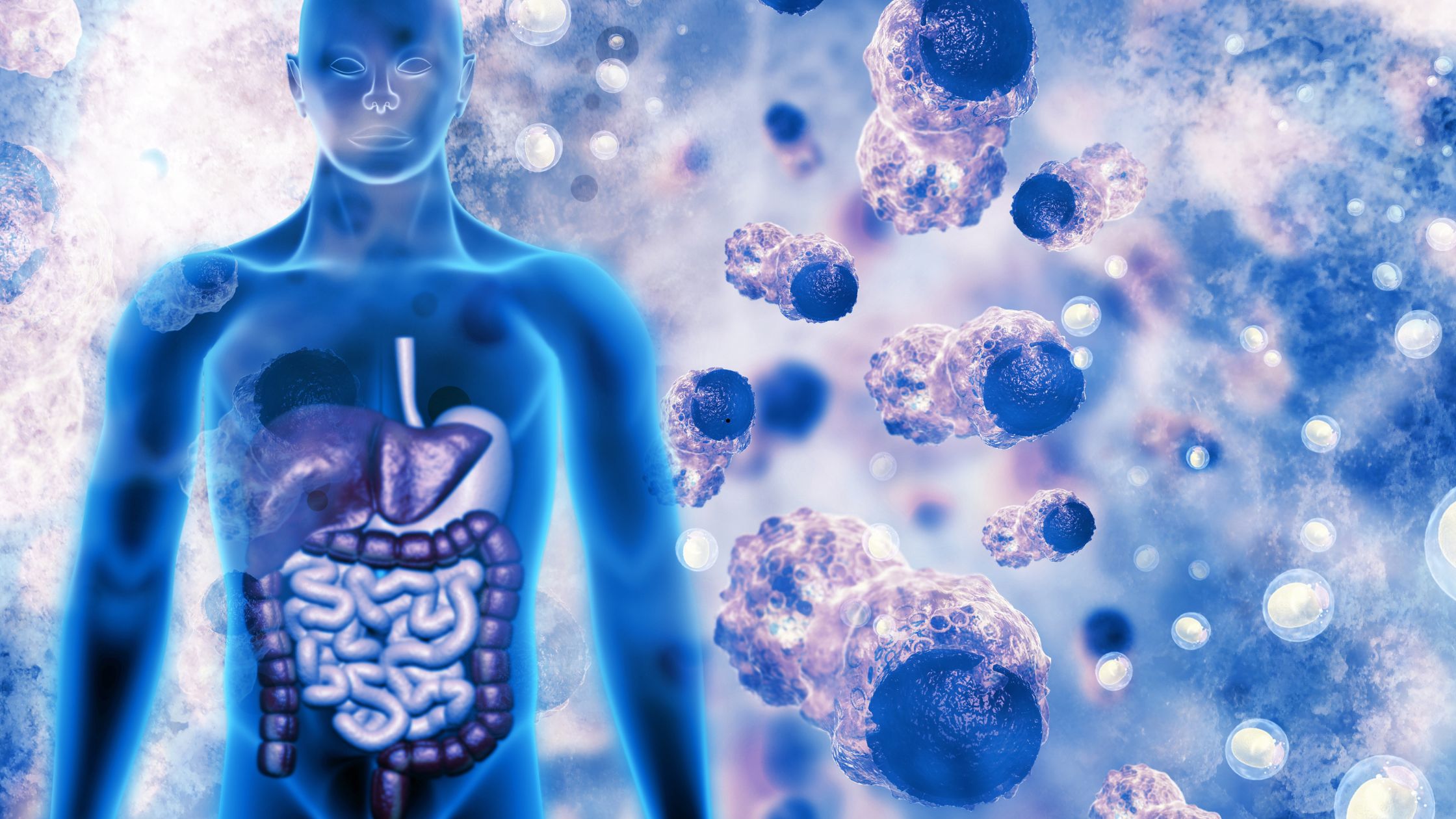
The largest cell in the human body is the ovum, also known as the egg cell.
Here’s why the ovum is the biggest:
Size:
- An ovum is about 0.1 millimeters (mm) wide.
- This might sound tiny, but in the world of cells, it’s pretty big.
- To give you an idea, it's about 20 times bigger than a sperm cell, which is the smallest cell in the human body.
Function:
- The ovum is special because it's needed for making babies.
- It carries half of the genetic material (instructions for building a person) from the mother.
- When a sperm cell from the father joins with the ovum, they combine their genetic material to start forming a new baby.
Why it’s so big:
- The ovum needs to be big because it has to store all the food and tools (nutrients and organelles) the baby needs to start growing.
- Think of it like a packed lunch for a field trip—it needs to have everything ready for the trip ahead.
So, even though an ovum is small compared to things we see every day, in the tiny world of cells, it’s like a giant!
